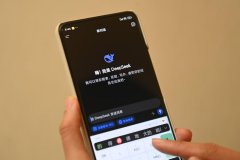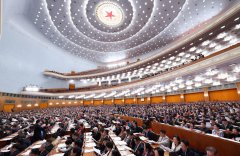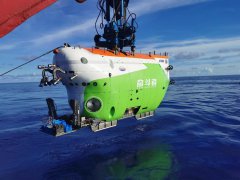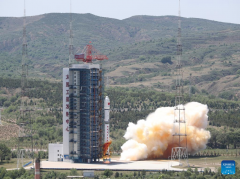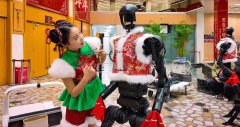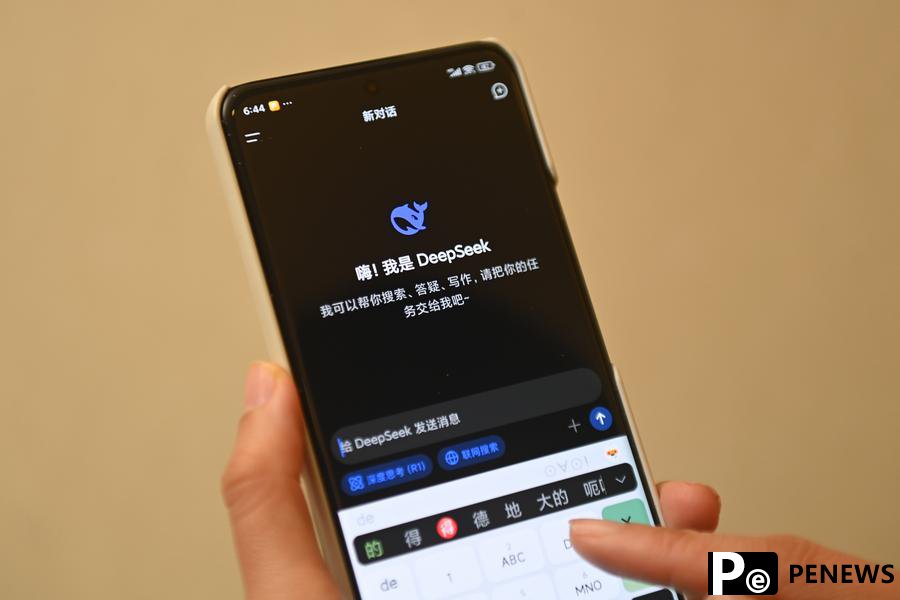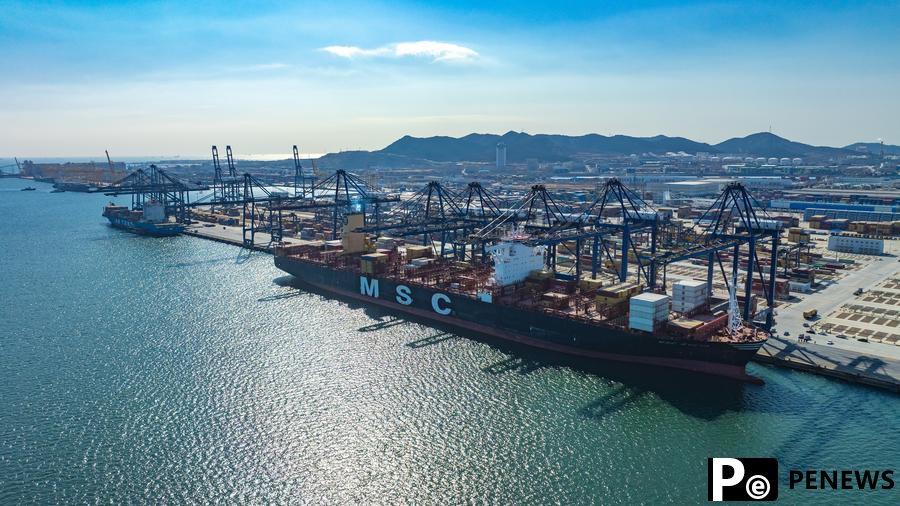Home>>
Guardrails needed for AI growthBy Cao Yin (China Daily) 08:43, March 10, 2025
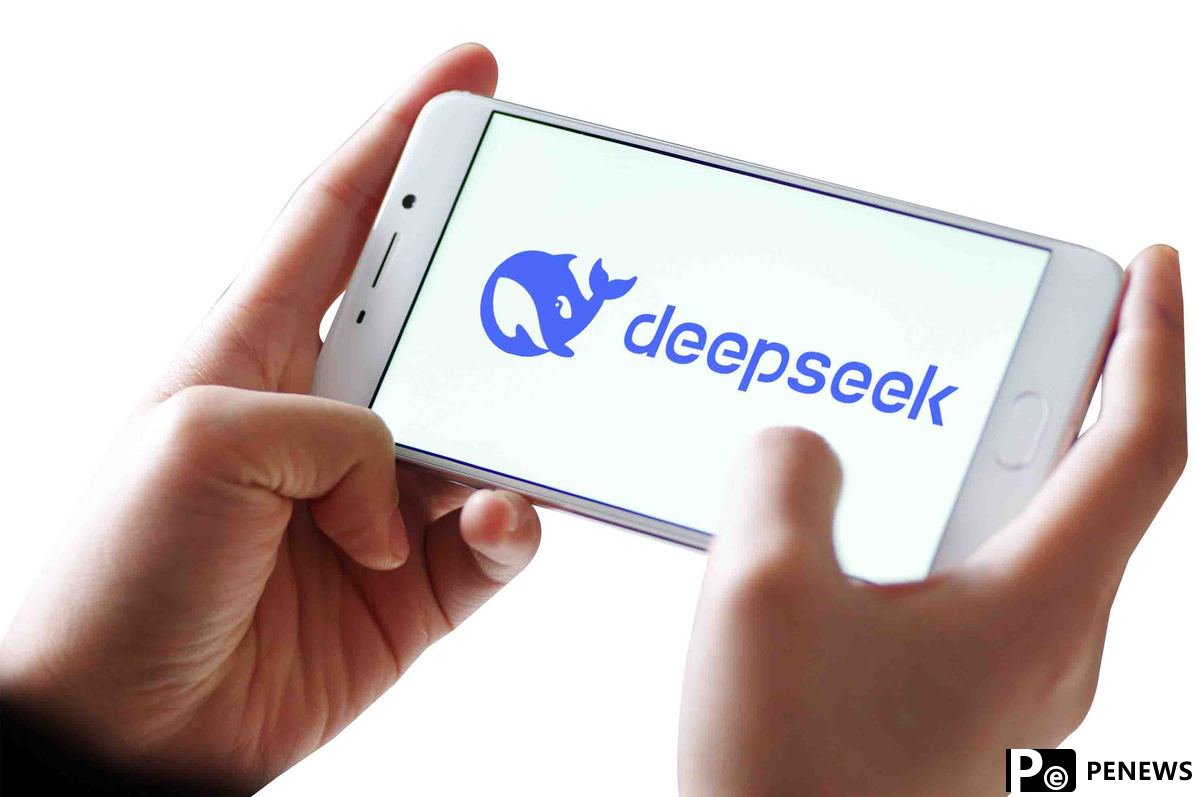
DeepSeek's open-source artificial intelligence system has become popular worldwide since its release in January. (Photo/China Daily)
While embracing the rapid rise of artificial intelligence, deputies to the 14th National People's Congress and members of the 14th National Committee of the Chinese People's Political Consultative Conference last week warned of the need for greater regulation to ensure that the technology is not abused.
With AI such as ChatGPT and China's own DeepSeek rapidly spreading across the globe, its application and regulation were a hot topic at China's largest annual political gathering, with many national lawmakers and political advisers expressing their keen interest in the integration of AI into various industries.
Zhang Yi, a CPPCC National Committee member from Shanghai, said the integration of AI with industries will greatly boost the development of new quality productive forces, and may change the underlying business logic in various traditional areas.
In the film industry, AI-generated images and videos can be used to partially replace traditional filming, and in the retail industry, AI could be linked to back-end systems to achieve unmanned operations, he said.
"We embrace AI. It can enhance the market competitiveness of small and medium-sized enterprises, provide a platform for innovators to practice and create job opportunities," said Zhang, who is also a partner at law firm King &Wood Mallesons.
"However, we've seen some problems caused by the rapid development of AI, such as discriminatory algorithmic decision-making, privacy violations and weak data security," he said, emphasizing that this uncertainty around the technology and associated risks will be a constant challenge for governance.
"It is essential that applications of AI are well-regulated through legislation, as we need to find a balance between high-quality development and high-level security, thereby promoting the healthy growth of the technology," he added.
Lu Lin, a deputy to the 14th NPC who is also a doctor from Shandong province, suggested the continued, cautious integration of AI into healthcare services, adding that regulation on big models should be used to guarantee data security, according to a quote from China News Service.
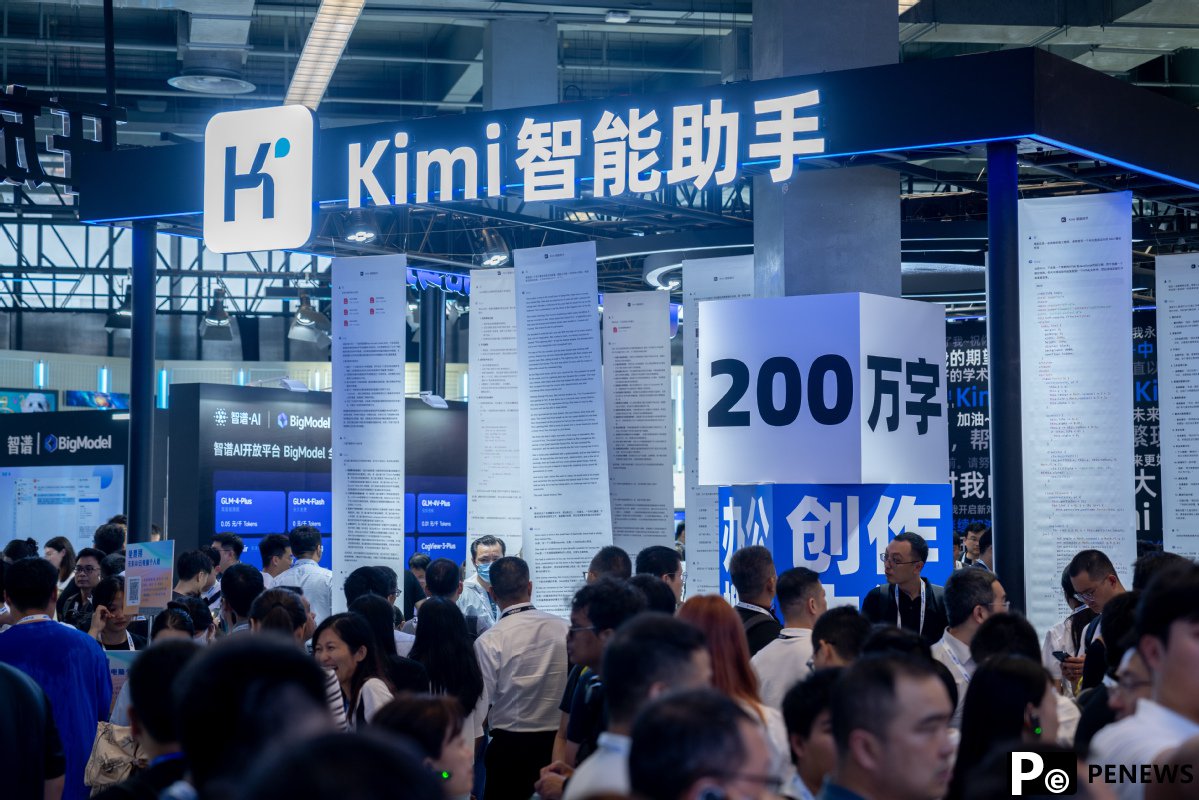
Kimi, an artificial intelligence system by AI startup Moonshot, is displayed at the Apsara Conference in Hangzhou, Zhejiang province, in September. (Photo/China Daily)
Wider application
Since its release in January, DeepSeek's R1 reasoning model has already been integrated into various sectors in China, including education, healthcare and justice.
On March 4, Lou Qinjian, spokesman for the third session of the 14th NPC, said at a news conference that technological breakthroughs made by Chinese companies such as DeepSeek demonstrate that an innovative, open and sharing approach to improving people's livelihoods is the right choice.
Following DeepSeek's decision to make its latest AI model open source, Lou said it has facilitated the wider application of AI technologies worldwide and contributed China's wisdom to global development.
Zhou Hongyi, a CPPCC National Committee member and founder of Chinese cybersecurity company 360 Security Group, said that 2025 would bring about a huge variety of AI applications, saying their use will make industries more efficient and reduce costs.
Doctor Lu agreed, highlighting AI's use in the healthcare sector. "Large models like DeepSeek, through extensive learning from medical literature and case data, can assist medical staff in making diagnostic and treatment decisions. They can quickly access information across various fields, improving the efficiency and accuracy of medical services," he said.
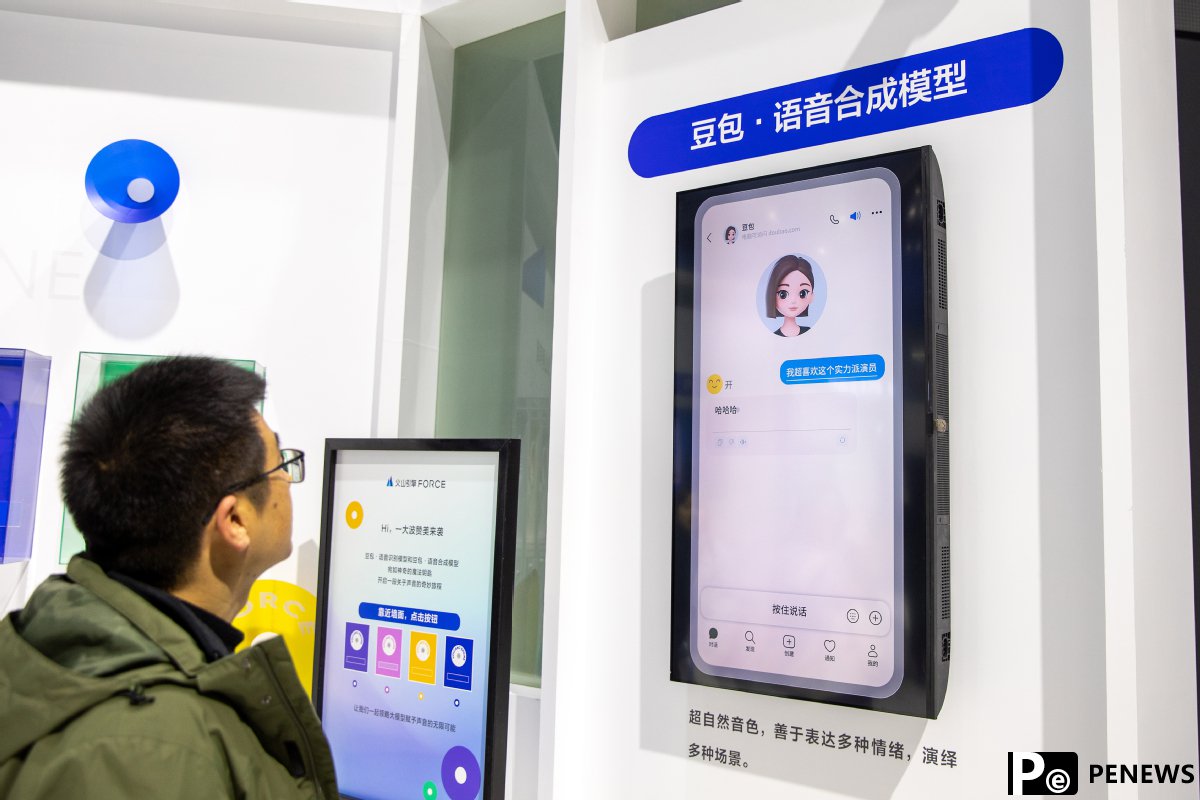
A visitor asks a question to Doubao, an AI model affiliated with Chinese tech giant ByteDance, during the 2024 Volcano Engine Force Conference in Shanghai in December. (Photo/China Daily)
Rising concerns
Zhang, the lawyer, praised AI for being the core driving force for the latest round of technological and industrial revolution, but said that data security and emerging disputes brought by the technology have raised concerns.
"If AI systems are hacked or infected with viruses, they could endanger personal information, public order and even national security," he said, noting that the construction of an AI security framework should be made a priority.
Zhong Zheng, a deputy to the 14th NPC and vice-president of Chinese home appliance maker Midea Group, told Guangzhou Daily that her concerns focus on the risk of those who use AI to create fake videos that mimic the appearance and voices of celebrities or experts.
"This AI-generated content can mislead and defraud consumers, especially the elderly, causing significant financial losses," the paper quoted her as saying.
